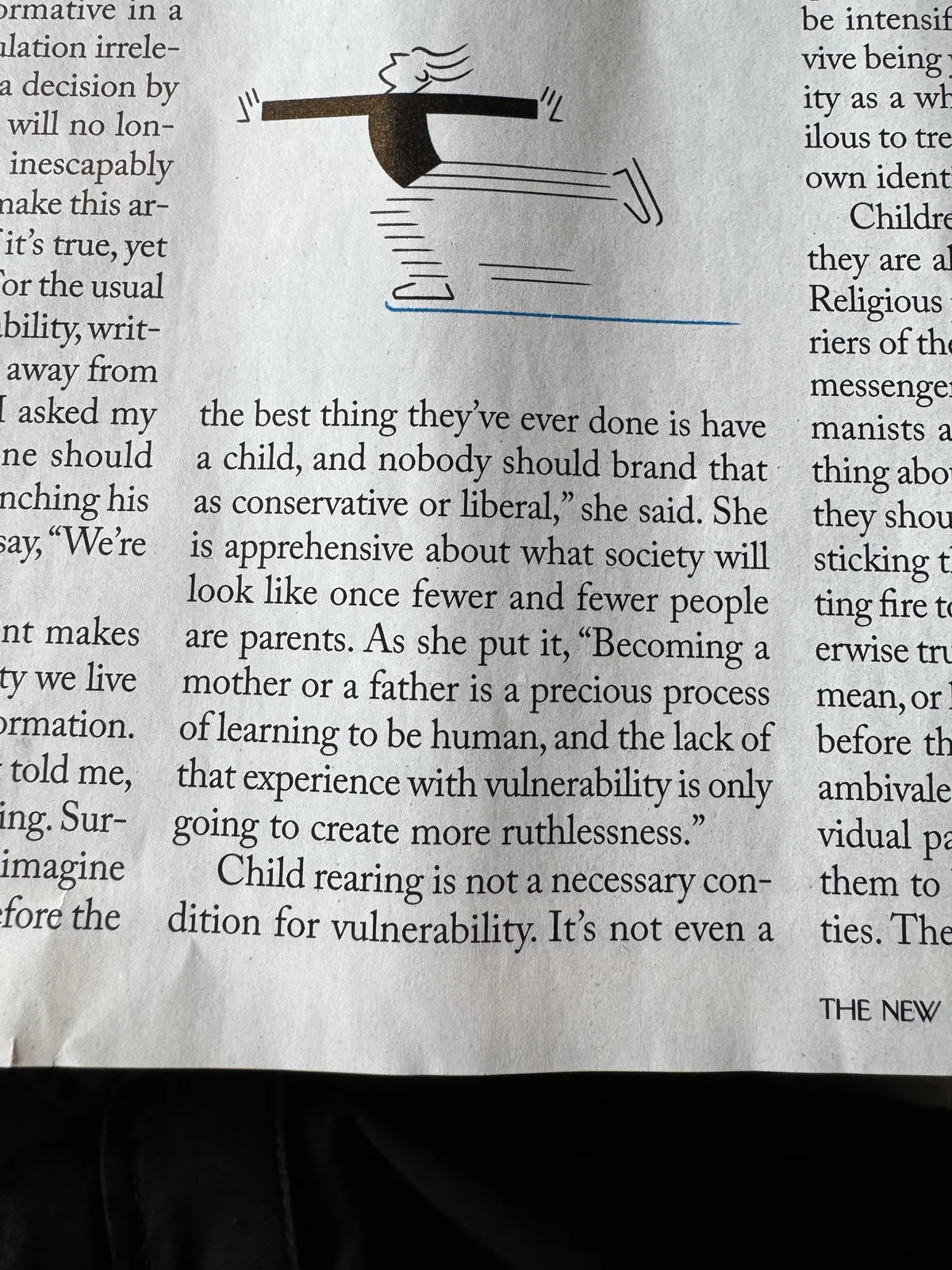Thoughts while wrapping up a few days of alone time
Thought one: this is nice.
For the latter third of spring break here in the Pacific Northwest, my wife took the kids to spend some time with her mom a couple hours away. I stayed at our house to take care of some assorted house stuff. As a result, when the fam gets back home tonight, I’ll have had about three full days alone.
I’ve loved it. As an introvert with a moderate ADHD diagnosis, I hunger for solitude (to an extent) and the freedom to pursue my endless stream of ideas (or “preferred activities,” which seems to be the ADHD lingo).
Solitude and project time are at odds with being a family man. That was a real struggle for the first several years after having kids, but it’s easier now. Parenthood has gotten easier, for one. (My kids are 8 and 11 — great ages.) I’ve also changed my perspective and canceled the story I’d been telling myself: that I “need” time for my solo pursuits, and that if I don’t get it, I’ll be unhappy. And, more recently, I started ADHD meds, which help me have energy and positivity for all the non-preferred activities that family life entails.
So, I no longer need this alone time that I’m basking in right now. Which is good, because it comes only once or twice a year. But when I get it, boy is it sweet.
Thought two: on the value of parenthood.
(Update: I have a perhaps better and broader take on this in my next post.)
This is a huuuuge topic, and I offer only a tiny thought. Because parenthood, while it has its many joys, has from time to time felt like a painful sacrifice, I’ve wanted there to be some purpose or reward to it all. Put simply, I’ve wanted to believe it makes me a better person.
I don’t mean that in a soapboxy way whatsoever. I’m not saying I’m a better person than people without kids, or that people need to have kids to be good people, or anything remotely of that shape. I’m too often jealous of people without kids to think such things.
Rather, I just hope that, because I’ve sacrificed for parenthood, it’s at least improved me a bit. And so, when I came across the following excerpt from The New Yorker last week, I felt the need to capture it:

Here’s the full article, and I’ll quote some more of it below for context. Again, I and this article do not apply a binary “good” or “bad” label to parenthood. But this thought did help me to feel that, yes, in addition to getting some cool kids out of the deal, I’ve grown myself as well.
Before the Asian financial crisis, in 1997, the economist Kim Seongeun told me, the top scorers on the collegiate entrance exam often went on to Seoul National University to study physics. When a faltering economy prompted large companies to fire their scientists, he observed, many parents converged on the idea that medicine was a safer path. It didn’t take long for the top scorers to become doctors instead. Kim wasn’t exempt from the tendency to hedge his bets: “How can I place my own son in a small boat?” To become a parent at all, I remarked offhandedly, was to perceive all boats as too small. He laughed and thought for a moment, then said, “Maybe the low fertility rate here is because people are smart. The risk-free asset in a diversified portfolio is zero kid.” He just wasn’t sure what to make of it all in the end. He said, “The low fertility rate is not really good or bad. We just don’t know.”
This is the intellectually responsible position. Emotionally, it’s a little evasive. Rotkirch, the Finnish demographer, recalled a newspaper item in which a young woman asked why she should sacrifice her body and her partnership for a pregnancy. Such anxieties are a natural prelude to any vault into the unknown. Still, Rotkirch marvelled, “My idea was that it just happens and it’s normal to be nervous.” Chang Pilwha, who has been an influential women’s-studies scholar for forty years, echoed this bewilderment. “Many of my best feminist friends say the best thing they’ve ever done is have a child, and nobody should brand that as conservative or liberal,” she said. She is apprehensive about what society will look like once fewer and fewer people are parents. As she put it, “Becoming a mother or a father is a precious process of learning to be human, and the lack of that experience with vulnerability is only going to create more ruthlessness.”
Child rearing is not a necessary condition for vulnerability. It’s not even a sufficient one. But there may nevertheless be something irreducible about the shared experience of parenthood—a life in which your fragile heart now seems to beat on the outside of your body. You see the guardians of a sleeping child on the subway and think, These are not just random strangers but fellow-passengers with utterly exasperating human beings for whom they would unequivocally die.
Written on my iPad Mini.